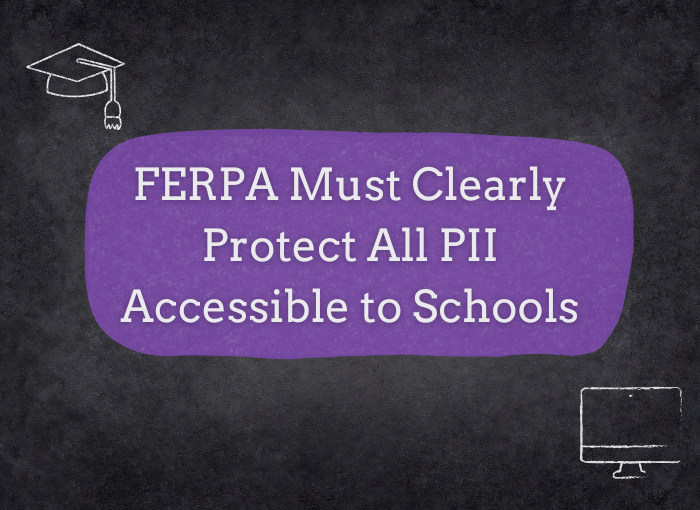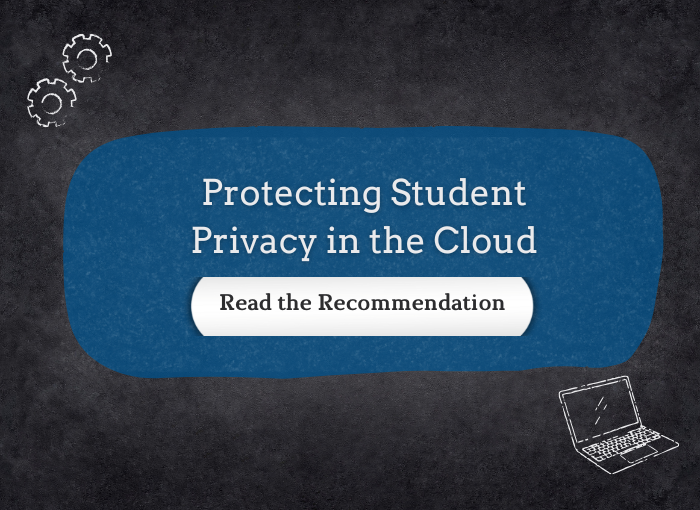AI Changes Everything: Why Student Data Review Can’t Wait Another Semester
AI Changes Everything: Why Student Data Review Can’t Wait Another Semester October 15, 2025 Jessica Arciniega, Katherine Kalpos, Morgan Sexton, and Amelia Vance CC BY-NC 4.0 As schools embrace the potential of AI, a critical question demands attention: How do sophisticated AI models alter what it means to protect student data? For starters, it underscores the need for schools to reassess the data they collect from students and the duration for which they retain it. AI makes students’ sensitive information more vulnerable than ever before. Earlier this month, the Texas Attorney General filed a lawsuit against edtech […]
AI Changes Everything: Why Student Data Review Can’t Wait Another Semester Read More »









